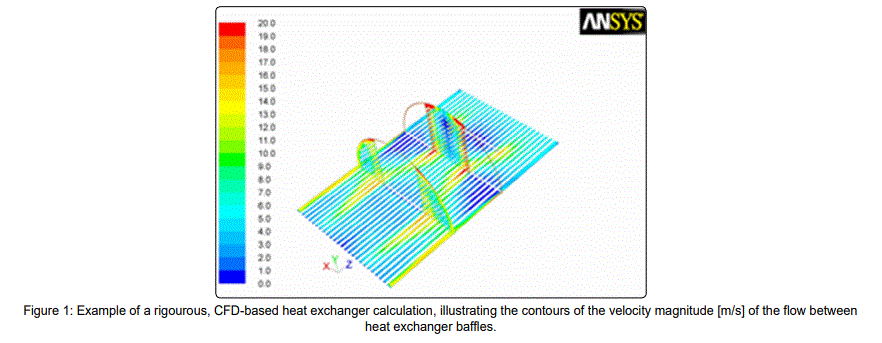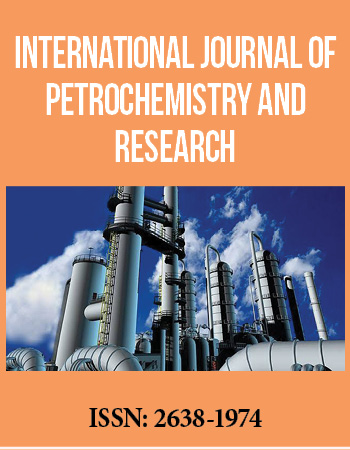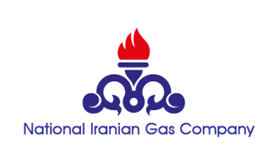2nd International Conference on Petrochemistry
April 25-27, 2018 Rome, Italy
A Methodology for the Model-Based Real-Time Prediction of Corrosion in Heat Exchangers
1DI, Prozess Optimal CAP GmbH, Austria
2TU Graz, Austria
To prevent corrosion many condensers are operated with a thermal safety distance to the water dew point in terms of pressure and temperature. To overcome such limitations, this paper suggests a process prediction method for the real-time estimation of the lowest possible heat exchanger surface temperature in view of fully utilizing the optimization potential of the process. The key features of the new approach comprise (i) application of rigorous thermodynamics, considering all relevant facility components that are needed for a complete mass and energy balance, and (ii) a rigorous heat exchanger calculation providing surface temperatures and dead zone temperatures for the current thermodynamic state.
The thermodynamic calculation provides the theoretical water dew point as a function of the process parameters. Considering that sensitive variables such as the composition of the multi component process stream have a significant influence on the water dew point, the accurate thermodynamic description of the complete system poses one challenge of the method.
The customized CFD simulation which is interacting with the simulation model provides the complete spatial distribution of the heat exchanger surface temperatures and dead zone temperatures.
Both components are combined to a process prediction model, where an interface between the process prediction model and the process control system (PCS) is used for real-time transmission of the current process parameters to the model, and of recommended process parameters generated by the model back to the PCS. These recommendations can either be used as guidelines for the operator or directly be implemented as PCS command variables in view of an automated optimal operation mode.
Conclusion: The proposed methodology couples rigorous thermodynamics with CFD simulation into a novel process prediction model which enhances the overall availability of the process significantly, ensures the definite prevention of ‘pitting’ and increases the efficiency of the process significantly.

Biography:
Guenther Holzer is Managing Director of the company Process Optimal, which was founded in 2007 and is very specialized in thermodynamic process simulation. For many years he also has been a lecturer at Graz University of Technology for Process Simulation.



